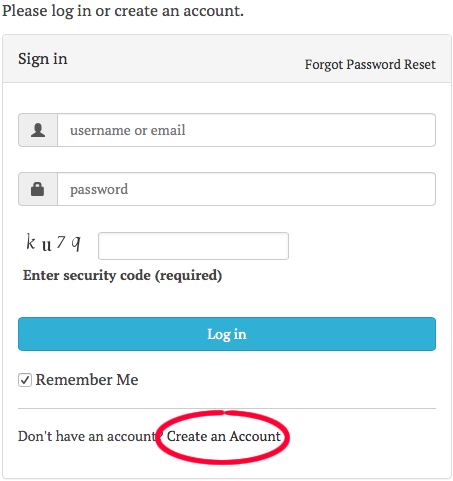
Call for Abstracts has Closed
The abstract deadline has passed for presentations, but poster abstracts are still welcomed until early August. However, you can submit an abstract as a backup talk in event we have a speaker cancellation.
Submitting Your Abstract Online
To submit your abstract online, you’ll need to complete a few steps. During this process, you’ll be prompted to provide contact and personal information, a brief bio, and your abstract. We recommend having this information ready before you start; however, you can always log in to your dashboard later to make changes or to submit additional abstracts until April 8th.
Although you have until April 8th to complete your submission, we encourage you to start this process as soon as possible before talk slots run out. Please remember to include a title, along with the category and type of presentation (talk, poster, both).
For more information, email us at abstracts@ahssymposium.org.
Stipends
We will be awarding up to 10 registration stipends to AHS members and at least 8 free registrations for students on a first-come, first-served basis who are presenting a talk or poster and need financial assistance. For regular AHS members, the stipends will offset 50% of the early bird full registration costs. Download an application form »
Instructions
Follow these instructions to create an account and upload your abstract.
1. Create an account by clicking the Log in or Create an Account button below or by clicking here. A sign-in form should appear. If you haven’t yet created an account, click the Create an Account link.

2. In the form that appears next, complete the login and account sections and then click Register.
3. Check your inbox for a confirmation email. Activate your account by following the link in this email.
4. Click here to log in and submit your abstract online.
Potential Topics
- Modeling (groundwater, surface water; application of GIS tools to hydrology)
- Recharge and recovery
- Watershed / basin management studies (watershed and riparian restoration; land subsidence / overdraft; groundwater management issues outside of AMAs)
- Environmental / remediation / (WQARF/CERCLA; water quality issues such as PFAS, emerging contaminants, and management strategies in the absence of standards)
- Drought planning / climate change (effects of climate change on water availability, Colorado River water issues and drought contingency planning)
- Regulatory permitting
- Mining hydrology (mine dewatering and supply, remediation, APP)
- Wells (design, rehab, drilling methods)
- Water rights and policy (water law, conflict and resolution)
- Geophysics (application of geophysical tools to hydrology)
- Subsidence
- Wildfire hydrology
- Other (surface and groundwater supply monitoring; agricultural water efficiencies; etc.)
